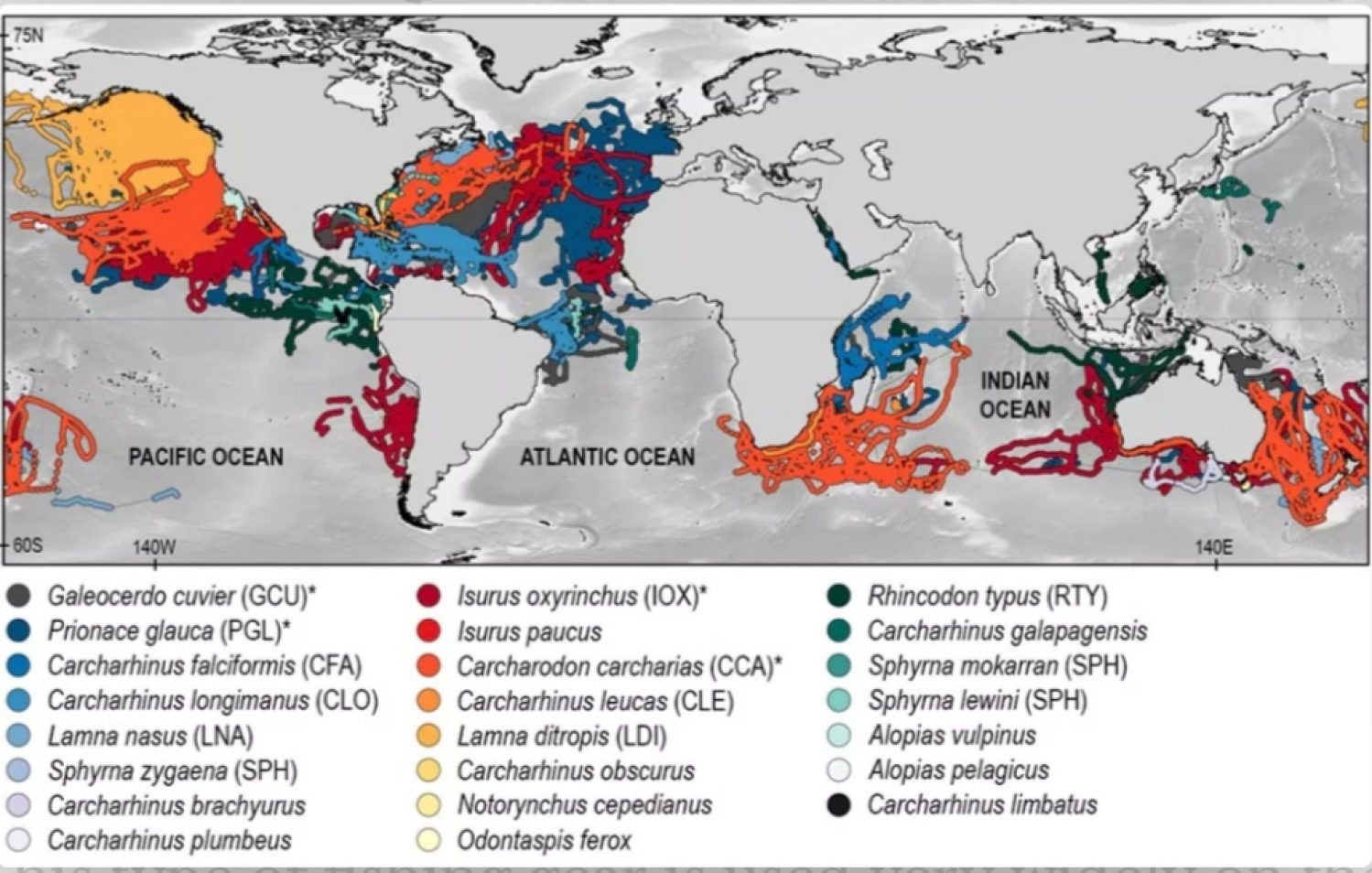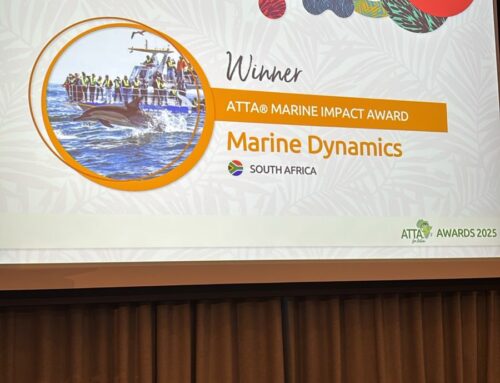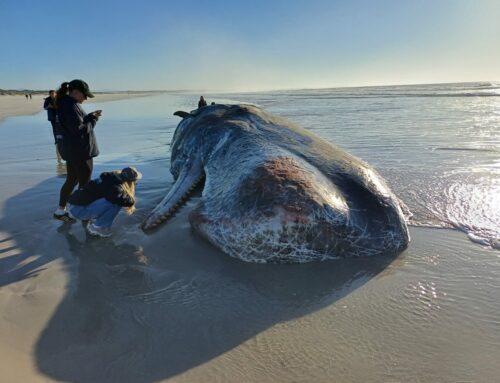July 25, 2019 Dyer Island Conservation Trust
The Dyer Island Conservation Trust’s shark biologists Alison Towner and Oliver Jewell are co-authors on a ground-breaking new study published in the science journal Nature. The work confirms that sharks have very limited spatial refuge from industrial longline fisheries in open oceans, worldwide.
This is one of the most substantial collaborative datasets between shark scientists to date, with 150 authors from 26 countries around the world combining their satellite tagging data. Led by David Sims from the Marine Biological Association in the UK, the work identified crucial areas in the high seas across the globe known as ‘pelagic hotspots’ which both sharks and longline fisheries highly utilise. Pelagic longline vessels can deploy up to 100km of line with as many as 1,200 baited hooks daily.
The team of scientists were then able to quantify the extent of overlap between 1,681 shark tracks from 23 species with the industrial fishing fleets and found a striking overlap between them. Protected shark species listed on CITES such as the Porbeagle and White sharks showed some of the highest space use overlap with longline fleets- as much as 64% for white sharks in the Western Indian Ocean (which includes the South African population). Meanwhile, in the North Atlantic, Shortfin Mako and Blue sharks shared space with longline fleets by as much as 62% and 76% respectively. Two thirds of the shark species are listed on IUCN as either Endangered or Vulnerable.
Substantial collaborative data sets like this provide powerful evidence that urgent action needs to be taken to better protect migratory sharks and their critical habitats. Governments are urged to use this information to better guide their placements of Marine Protected Areas. In order to effectively help shark populations and their habitats recover from exploitation, refuges need to accurately protect such areas. This protection must be enforced properly with adequate observation coverage on board industrial longlining vessels. The work further supports the growing demand for reductions in commercial fishing effort for sharks in high seas, worldwide.
https://www.nature.com/articles/s41586-019-1444-4?
https://www.nature.com/
https://www.iucn.org/







